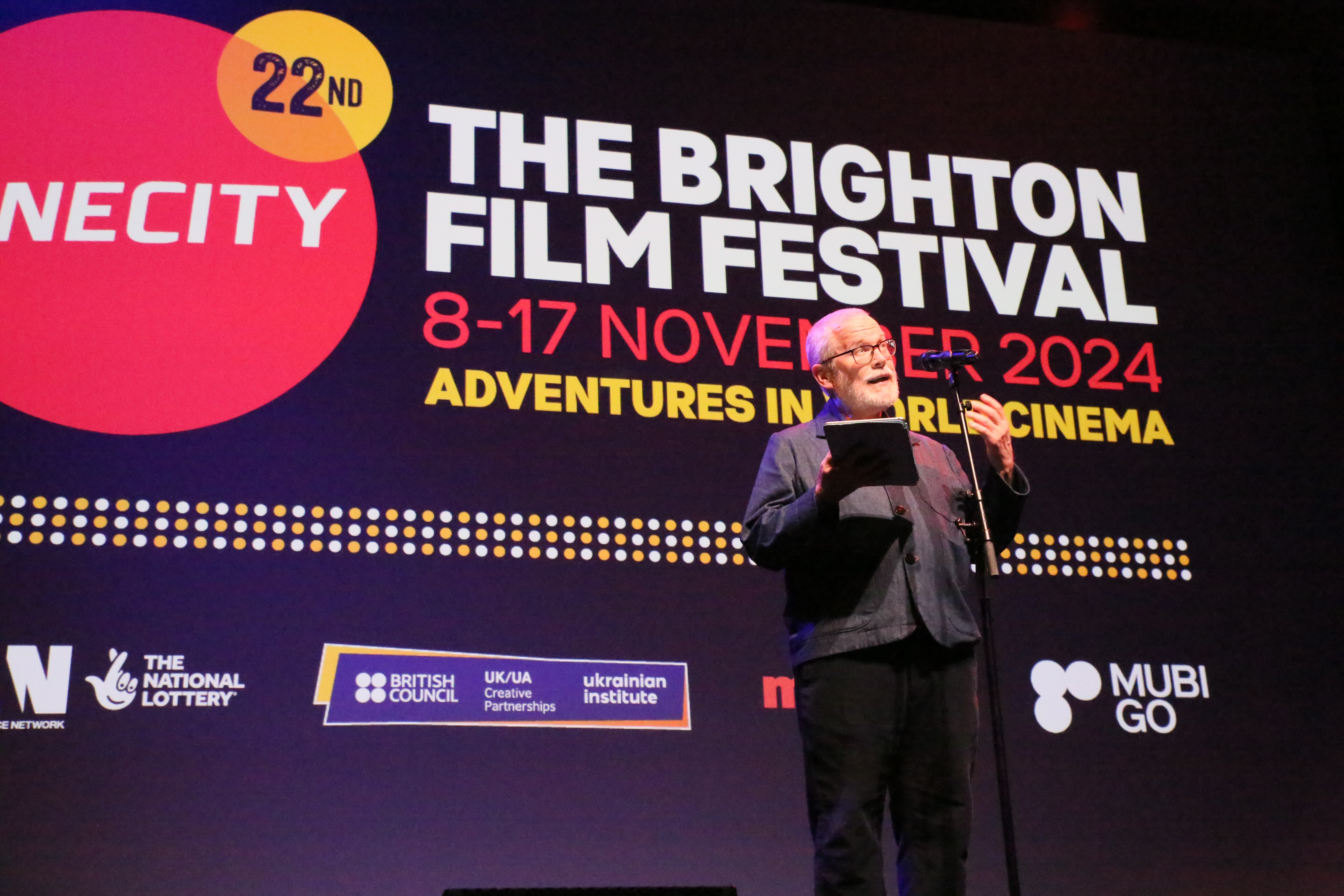
Review: Waves
By Hannah Wright, University of Sussex
Waves is an intense epic drama directed by Trey Edward Shults following an African American family in Southern Florida as they negotiate themes of love, trauma and forgiveness in the wake of tragedy. The initial focus is placed on eighteen-year-old Tyler (Kelvin Harrison Jr.) as he goes to church with his family, spends time with his girlfriend, wrestles for his high school team and lifts weights with his domineering yet well-intentioned father. However, as the film unravels, it becomes clear that Tyler is struggling, and without the tools to express himself, his life and mental state begin to deteriorate. What follows is a tender portrait of those around him, including a detailed foray into the life of his sister Emily (Taylor Russell), welcoming emotions tricky for both the characters and audience to navigate.
The film has incredible scope, weaving a diverse array of characters into the narrative with humanity and heart. Kelvin Harrison Jr. is astounding as Tyler, exhibiting bursts of uncontrollable sadness, anger and fear, often repressed amidst an exterior of confidence and acceptance. Waves looks stunning, from the dazzling blue colour palette to Drew Daniels’ soft panning shots trailing after the characters, almost forming its own identity within the film. It’s through this distinctive camerawork that the film is able to tackle life’s polarities with finesse, shaking and trapping us within Tyler’s chaos but also circling gently to involve us in his euphoria as he and his friends sing and joke around in cars or on the beach. The stunning hip-hop-infused soundtrack remains a permanent presence throughout the film, intensifying the impact of events and emotions onscreen, while also cementing its importance within the characters’ lives. Music is actively reacted to and discussed by the characters, contributing to the film’s refreshingly authentic representation of young people in the modern world. While lesser filmmakers may have allowed the narrative’s tragic themes to alter the tone to one of extreme darkness, Shults finds light in the unimaginable, offering a form of resolution and humanity to every character. Despite his sincerity in the narrative, the charming awkwardness of Emily’s boyfriend Luke (Lucas Hedges) is one example of the film’s occasional moments of light relief, offsetting the film’s devastation and impassioned dialogue temporarily with a more comic shift in tone.
Taking the form of an intense, swirling melodrama, Waves navigates the tricky worlds of religion, morality and racial and social politics, forcing you to question your own judgements in the meantime. Shults guides us through with an assured curiosity, rupturing a traditional structure in favour of something more divided and spectacular, all while maintaining his sleek consistent style. There are definitely points in the narrative where the film feels too ambitious, leaving us with too little time with characters despite the lengthy 135-minute runtime. It may therefore be worth considering whether the intensity and frequency of emotion in Waves causes it to feel less affecting than if it were shorter and less overtly sentimental film. However, it’s clear that Shults has actively opted for a more open-threaded narrative, potentially adding more space for speculation and wonder.
Waves is an overwhelming and heart-breaking tapestry of love, hurt and redemption, if you can get around the intensity and recurrence of emotion on show.
